ukraine AID
Tag began its work in Ukraine in 2011, with a partnership with Magen David Adom and the Ukraine Red Cross. We delivered first aid training, provided several ambulances, and opened a clinic in Uman. In 2020, Tag’s Leiman Fund started a series of partnerships with schools across Ukraine, provided scholarships and a range of other support to schools. Since the full-scale invasion in February 2022, Tag scaled up its involvement in Ukraine, in light on the persistent humanitarian crisis affecting the country. We are focused primarily of five cities: Zhytomyr, Mykolaiv, Vinnytsia, Odessa, and Dnipro.
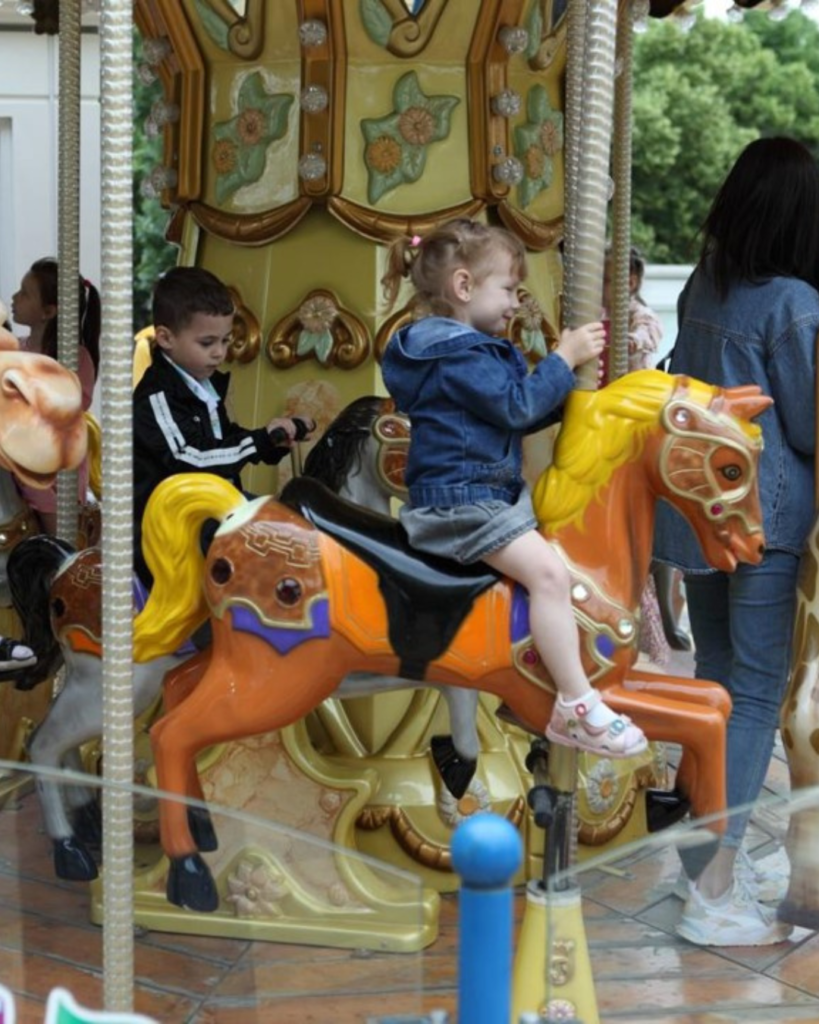
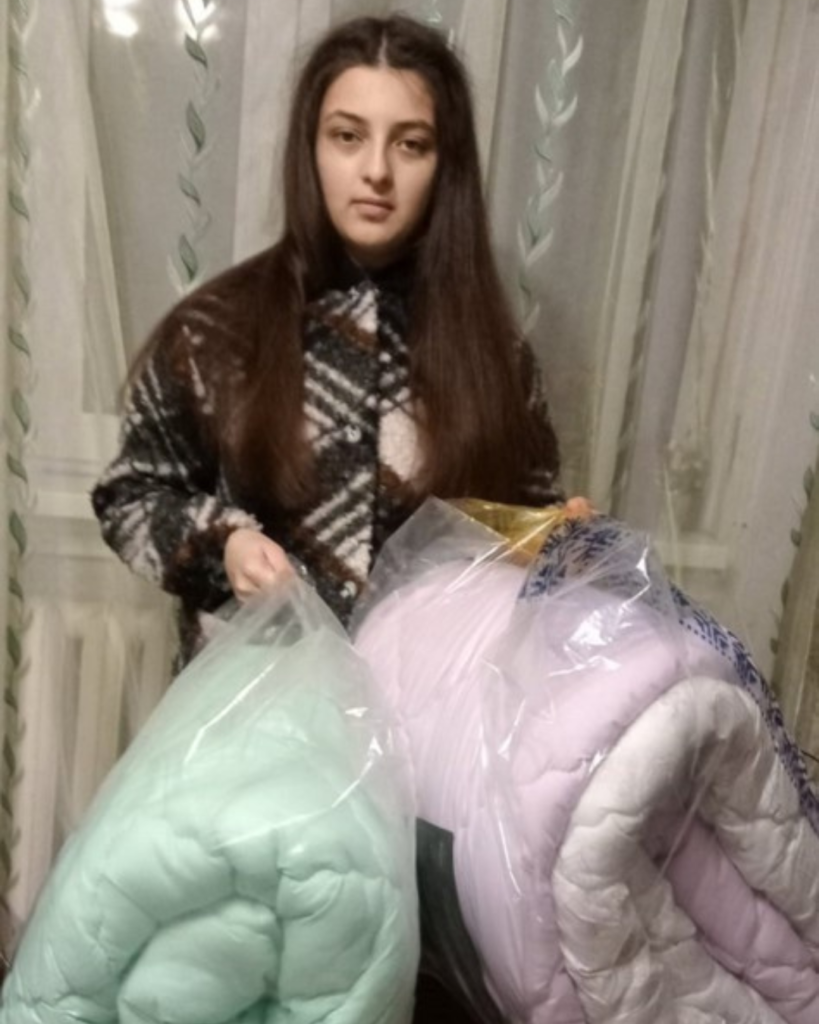
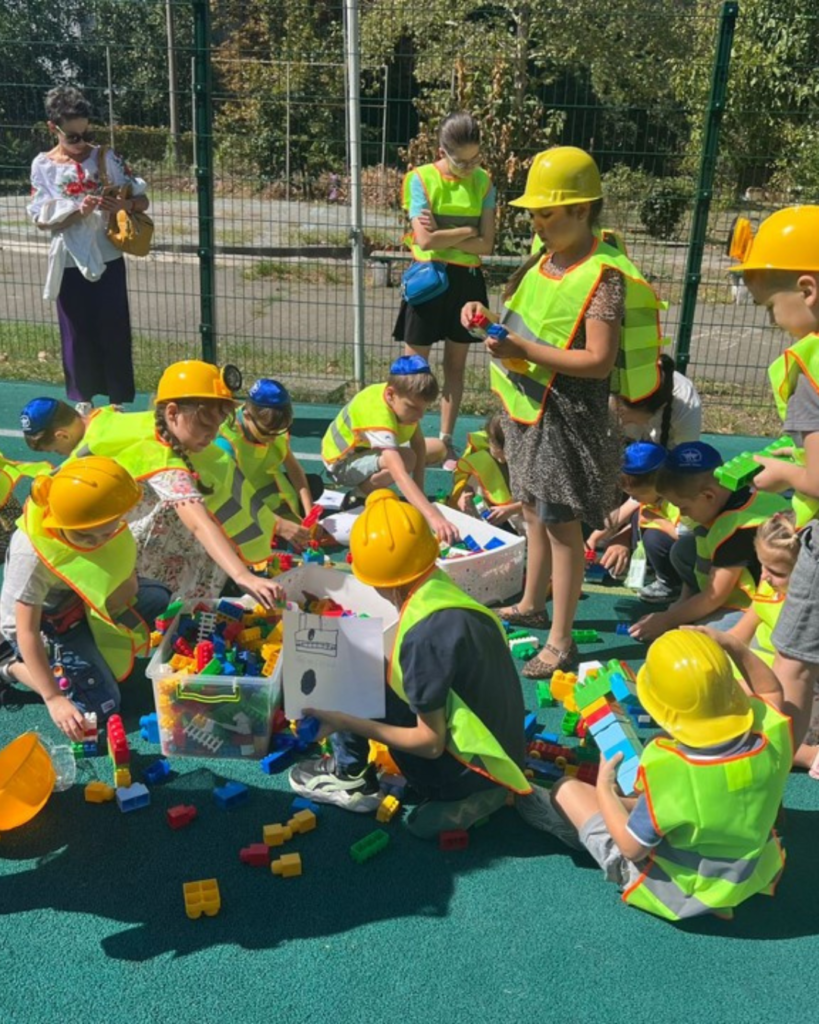
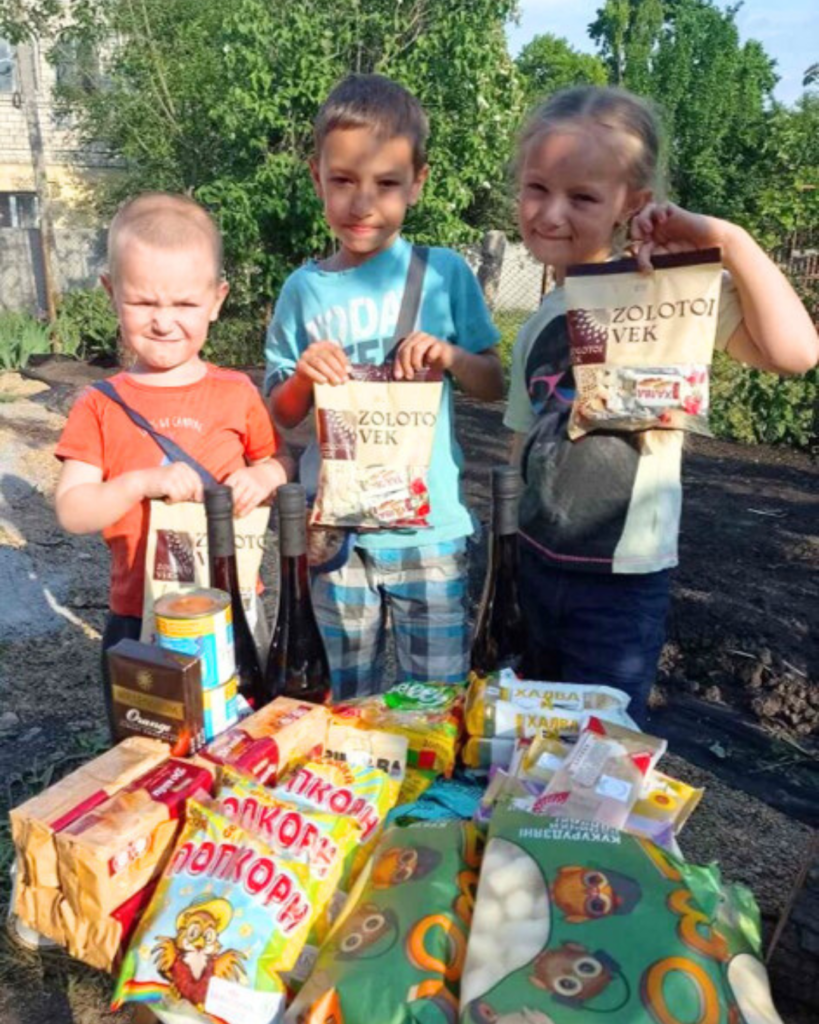
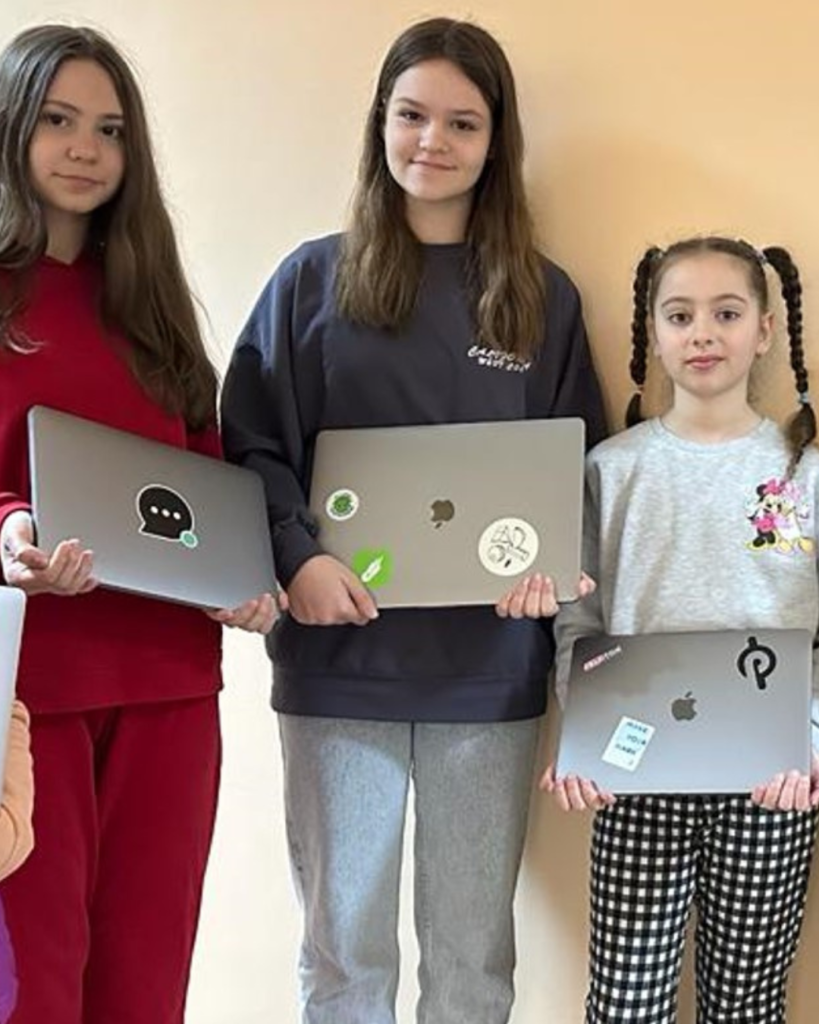
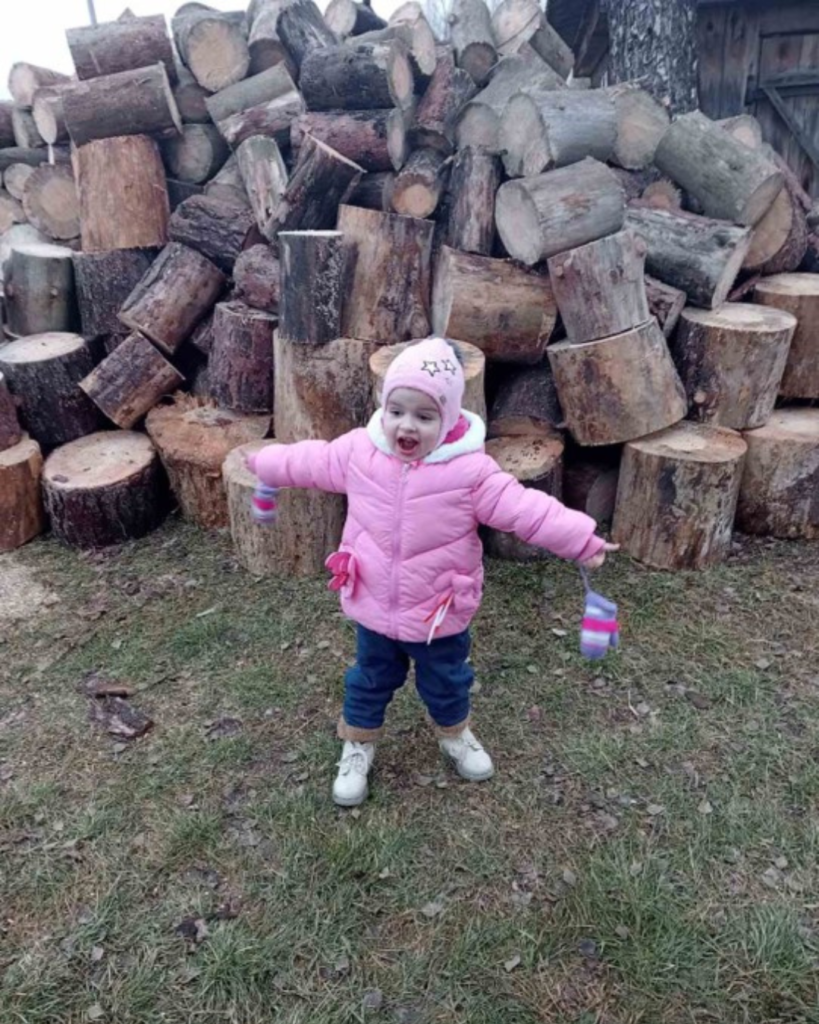
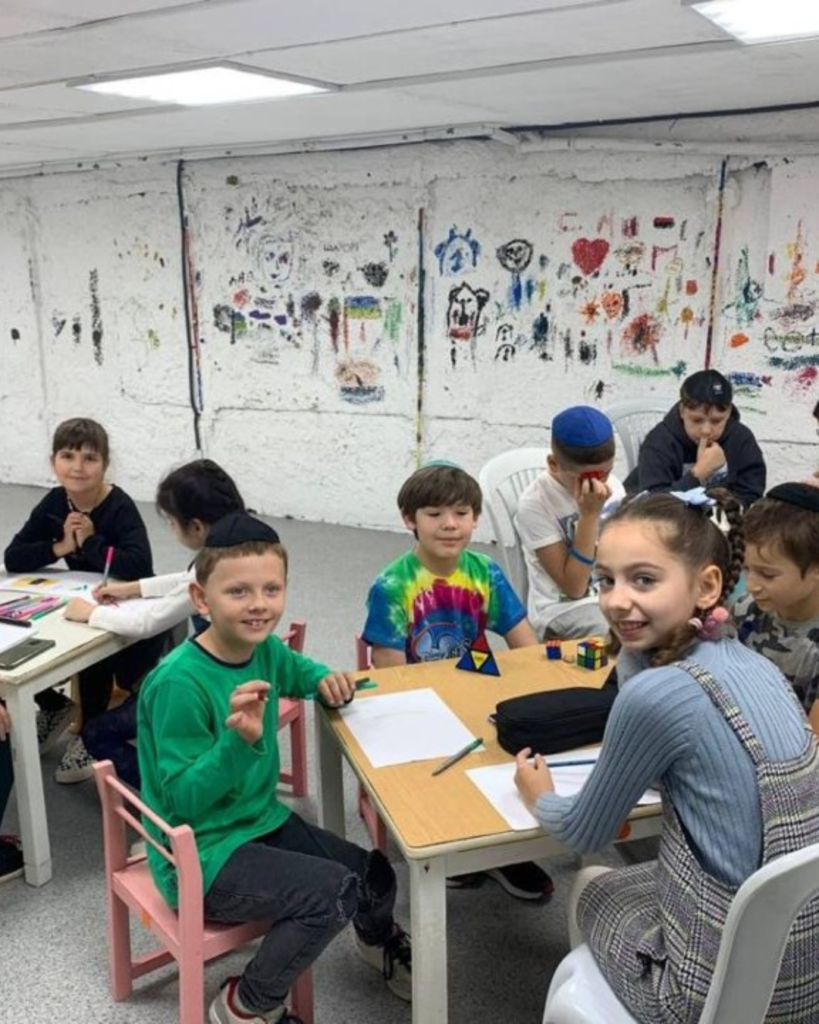
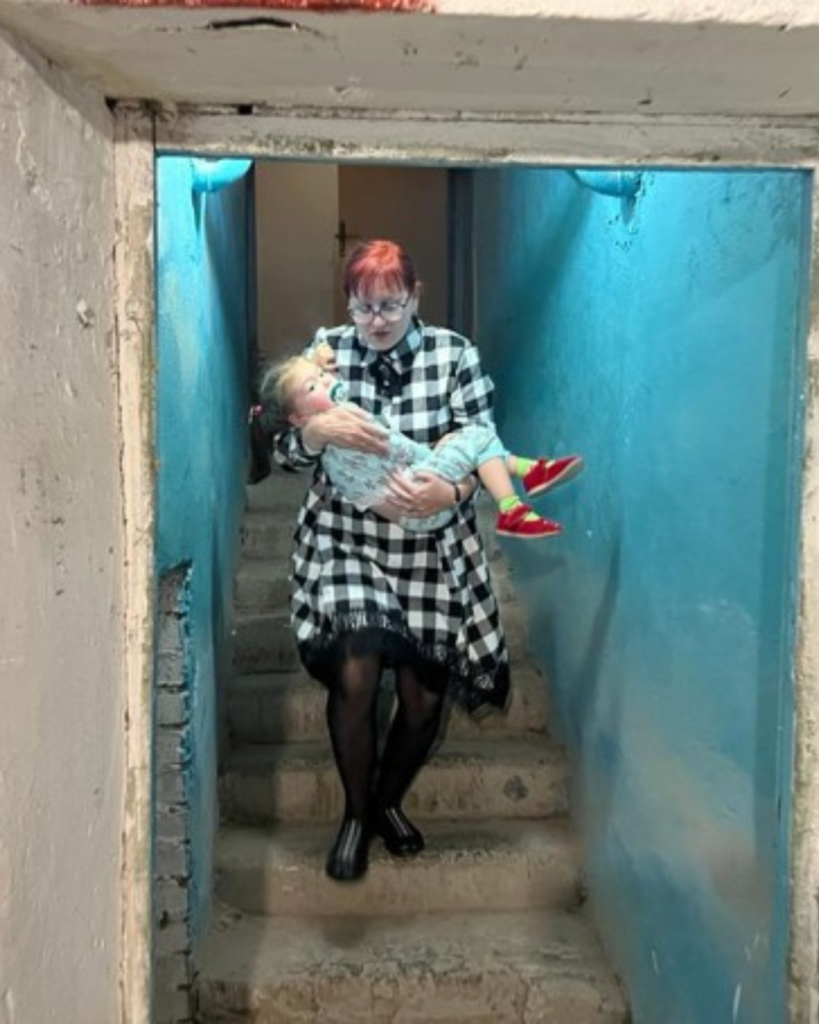
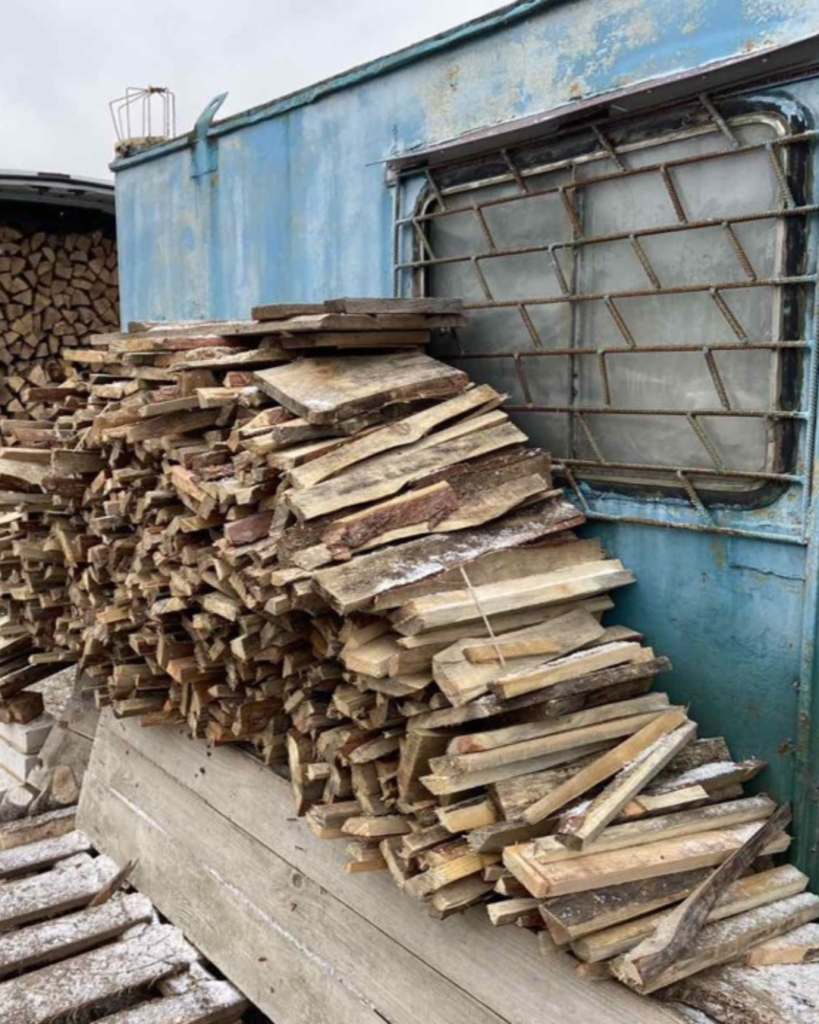
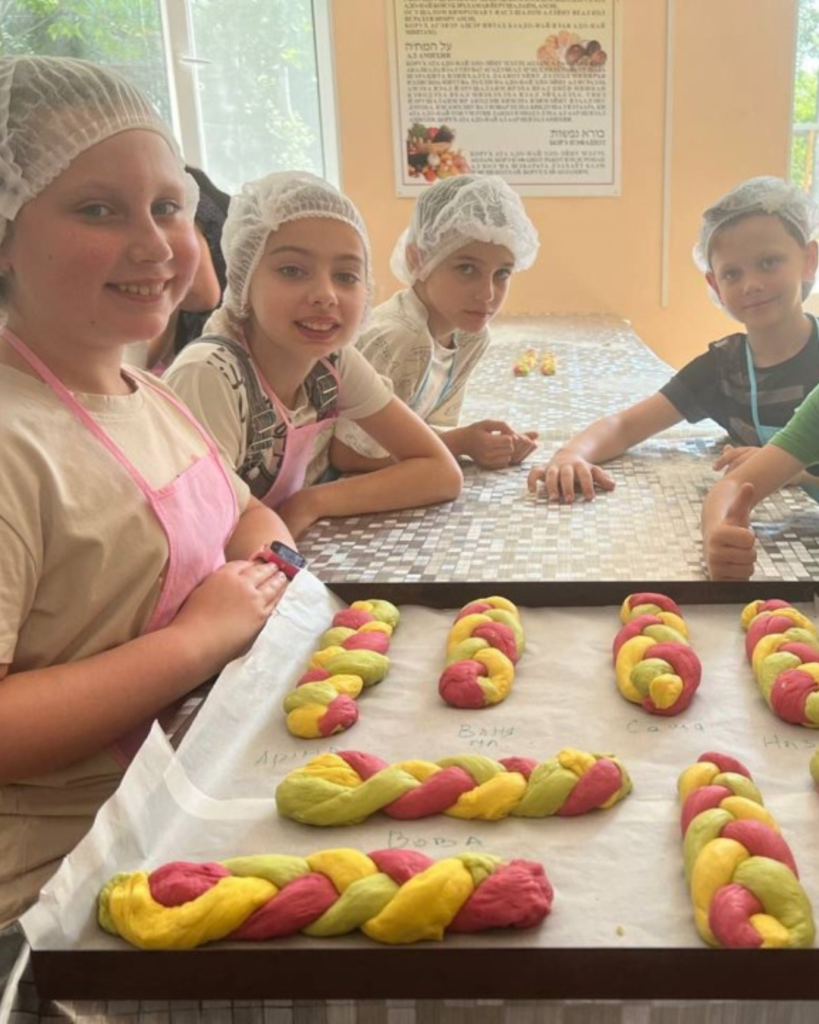
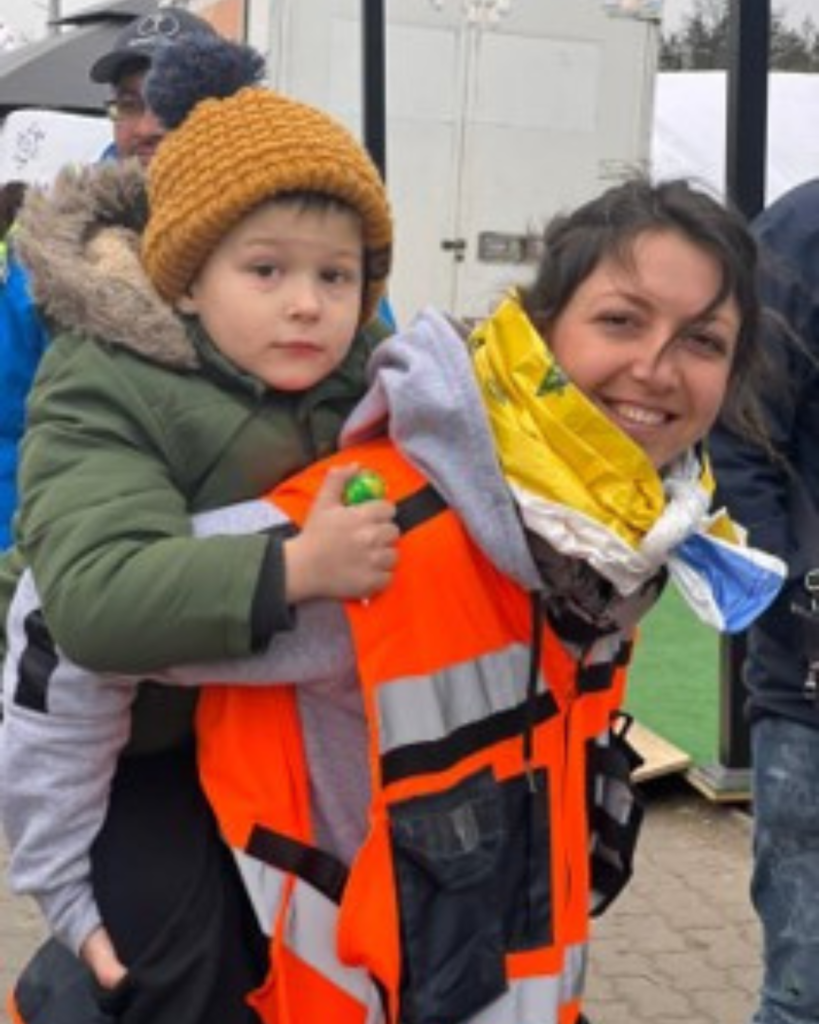
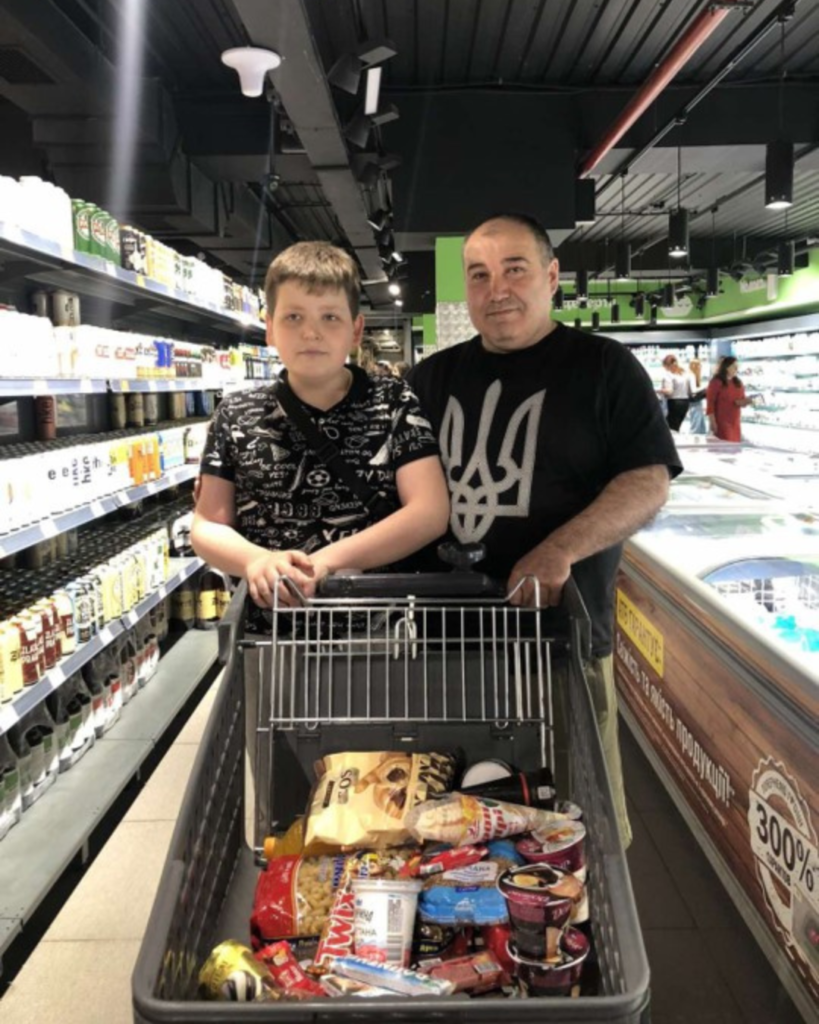
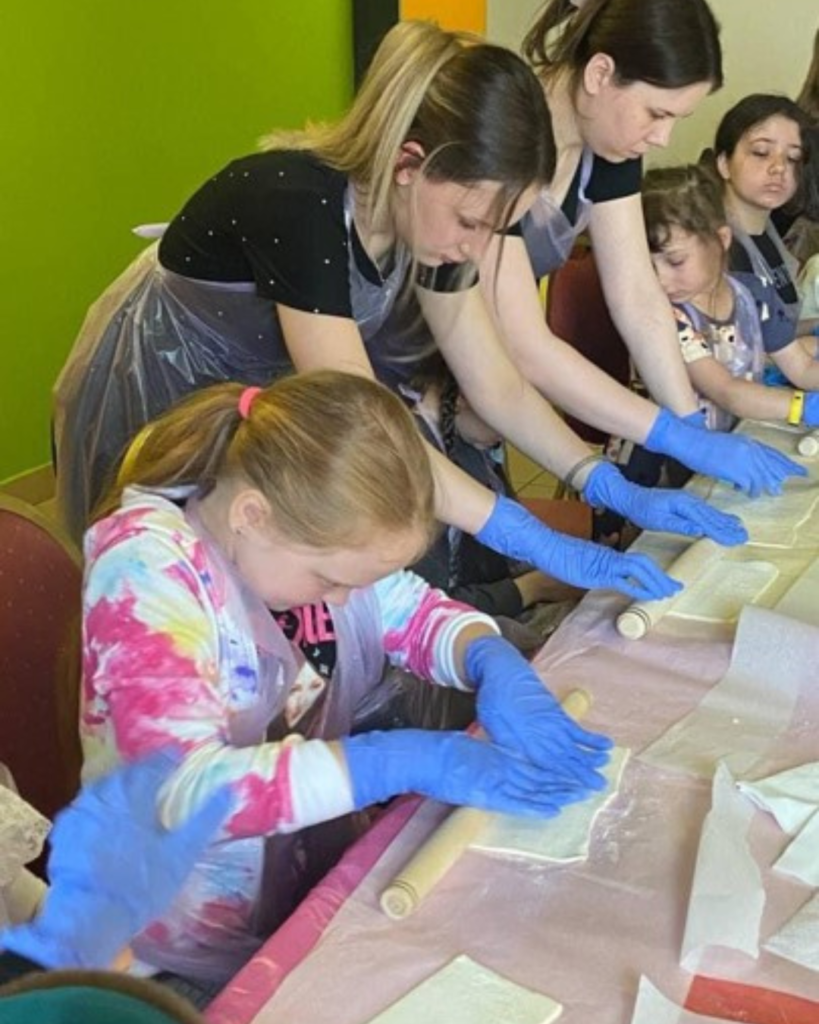
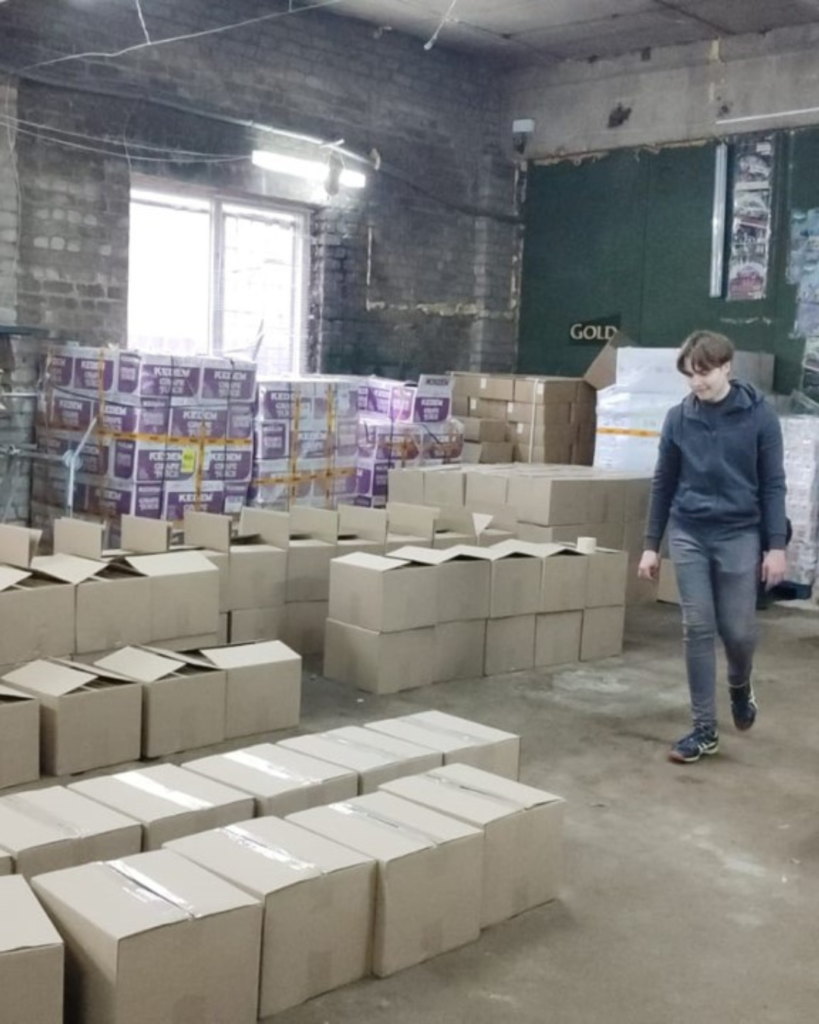
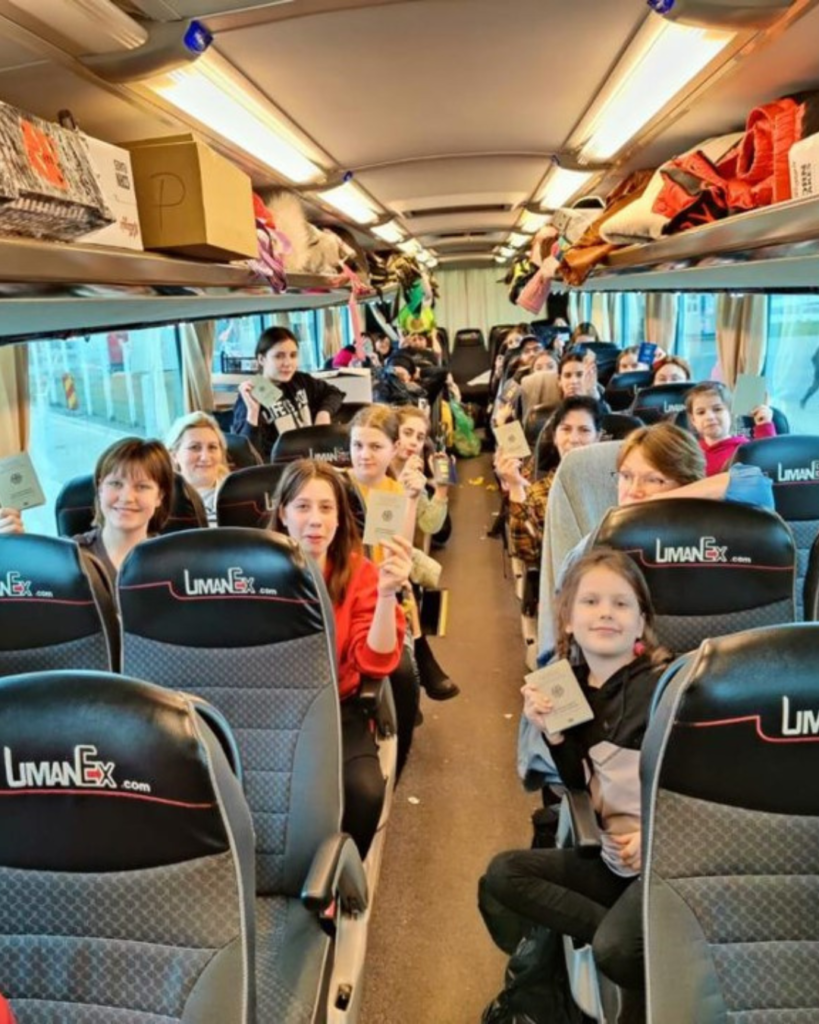
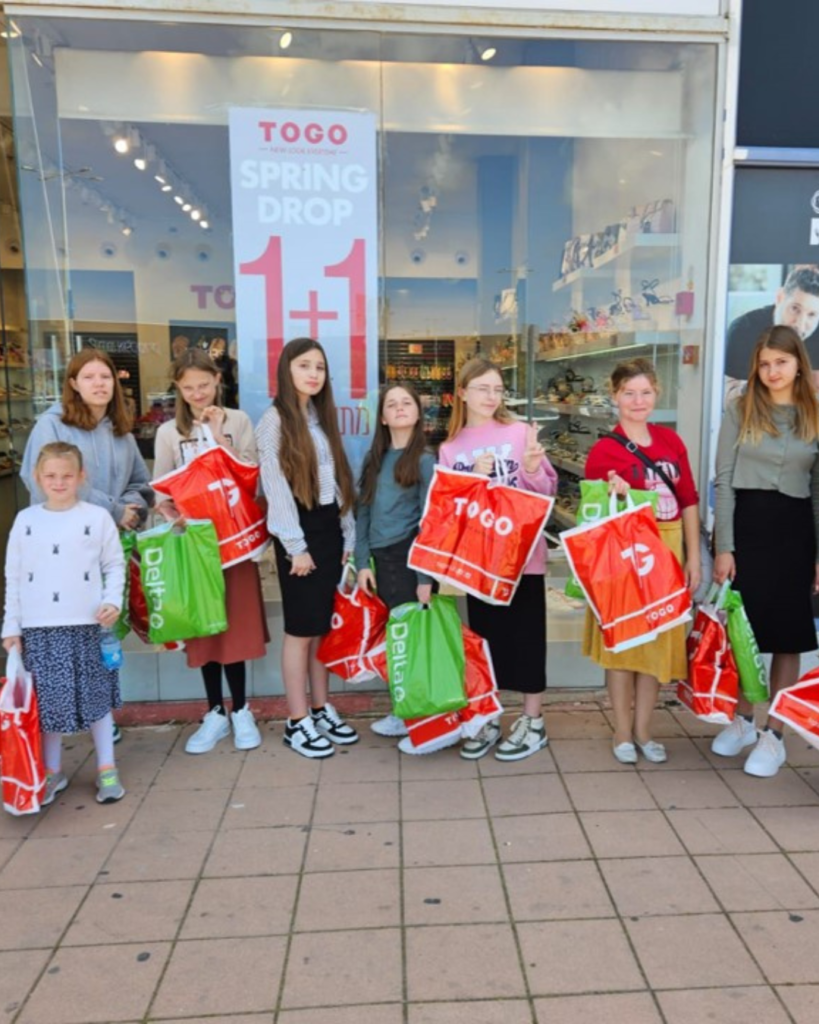
Ukraine assistance
Tag assisted its partners in various cities across Ukraine in a multitude of ways, from food parcels to psychosocial support, from special events for internally displaced people to the installation of air conditioning in bomb shelters. We assisted in a variety of infrastructure works, from conversion of basements into bomb shelters for schools and community centres, to repairing windows and roofs damaged by the bombs.
A key focus for Tag is the provision of therapists and social workers to help people deal with the trauma, and we supported a range of summer and winter children’s and adult programs. We supported the regular distribution of food parcels, as well as provision of hot food to the neediest. We also respond to specific requests for assistance, such as help providing security to premises in light of worsening security conditions. In all, many thousands of people have benefited from a range of efforts during this reporting period.
Refugee homes in Poland
Tag sent teams of professionals – mostly social workers – to volunteer at the Polish border with Ukraine. Streams of migrants, almost all women and children, were crossing the border to safety, and were in desperate need of assistance. We also sent experts who ran workshops for other aid workers, as well as training to Polish government agencies, to equip them with the skills to deal with the complex psychosocial needs of the refugees.
Based on this initial work, we identified a strong need for safe accommodation for vulnerable women and children who had fled Ukraine. To this effect, Tag partnership with an Israeli NGO called Topaz to established homes for refugees in the city of Rzeszow in Poland. The homes were running until they were no longer required. However, our team continued to assist former residents of our shelters with guidance and support. Also, our volunteers have continued to be active in public education about the situation in Ukraine and the needs of the refugees, such as holding a photo exhibition.
Ukraine orphanage in Israel
In the early weeks of the war in Ukraine our partner from Zhytomyr decided to transfer their entire orphanage to Israel. Tag has supported them in a variety of ways, as these children are dislocated from their normal lives. While they are residing in Israel on a long-term basis, many of the children are dislocated from their families and are supported in a variety of ways.
At the outbreak of the full-scale invasion, Tag assisted an orphanage in Odessa to move to Germany, as the city was under constant bombardment. A year later, we helped them to return the orphanage to Odessa. We have supported the orphanage in a variety of ways, such as helping to install a generator to cope with the constant power outages, as well as increasing its bed capacity to accommodate the unfortunately growing demand.
Helping in whichever way we can
Tag has been helping our partners on the ground to meet the complex needs of their communities.
Family retreats and events
We have helped to organize a range of different types of events over the last few years to give families an opportunity to get away from the daily traumas. We have done several one-day events, as well as longer weekend retreats.
These events not only provide fun activities for all ages, nourishing food and comfortable surroundings, but also include the provision of psychosocial support, such as group therapy sessions.
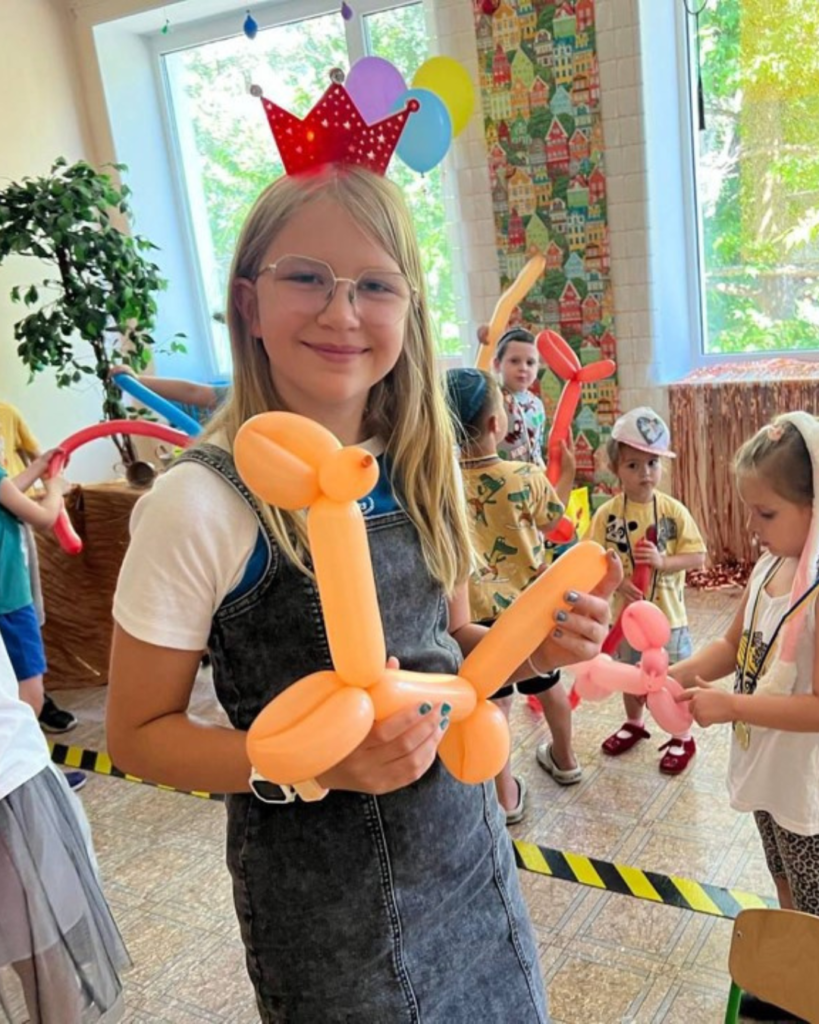
Summer and Winter camps
Even before the onset of full-scale hostilities, Tag was supporting a growing list of Ukrainian partners to run summer and winter camps for their children. We now support seven summer camps in Ukraine, as four winter camps as well.
We also supported sending away children to camps in Romania and Hungary, so they could experience several weeks of calm away from the grueling hardship of life under bombardment.
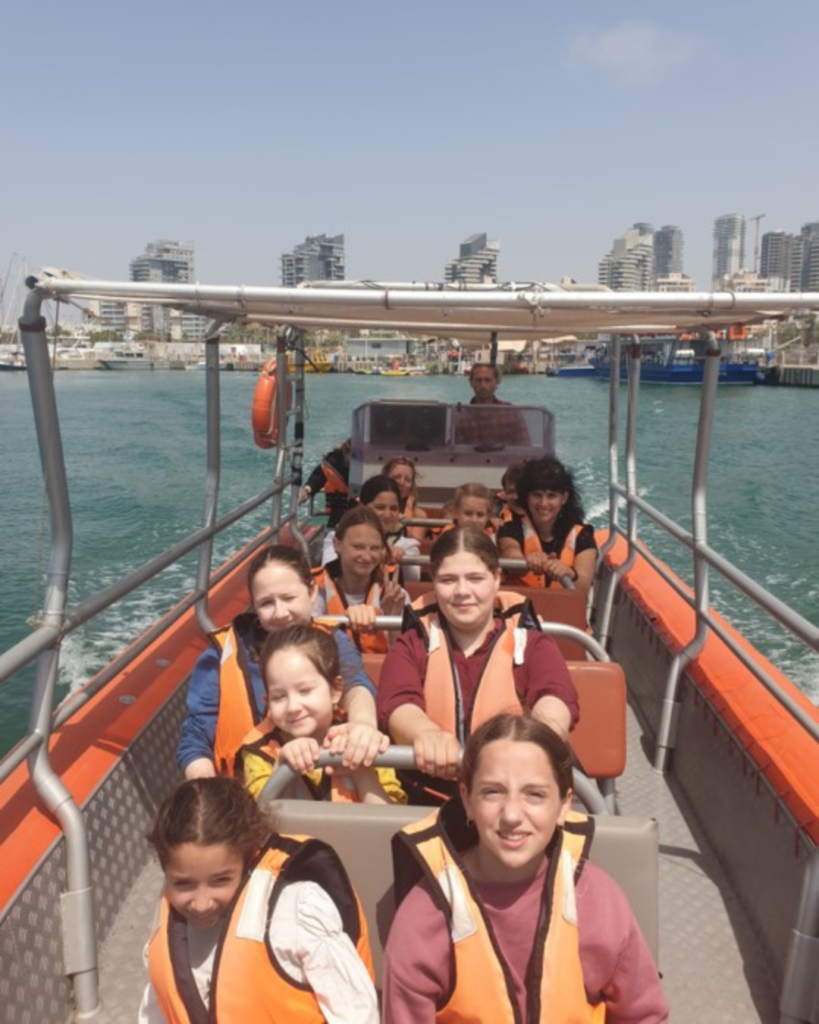
Events for children
We supported a range of events throughout the year to bring happiness to children. For example, we support the Big Brothers, Big Sisters group in Dnipro, which empowers older youth to mentor younger ones. With our help, they have run a wide range of events. All our other partners have also organized various events, as the situation permits.
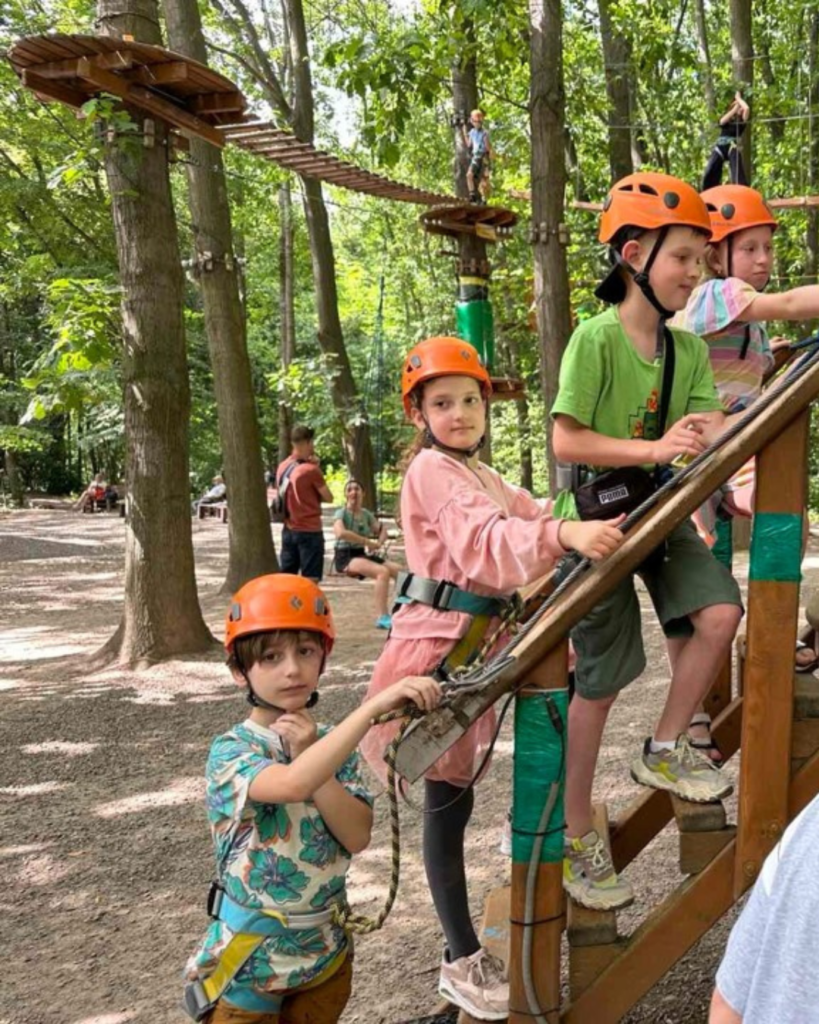
Psychosocial support
While it is relatively clear that people have physical needs, often we overlook the psychological ones. At Tag, a key priority has been provided therapists and social workers to help children and adults to best cope with the harrowing situation they are being forced to experience.
We have funded several of our partners to hire professionals to work on an ongoing basis with their children. We have also provided social workers to provide emotional support to adults at events we have helped to organize.
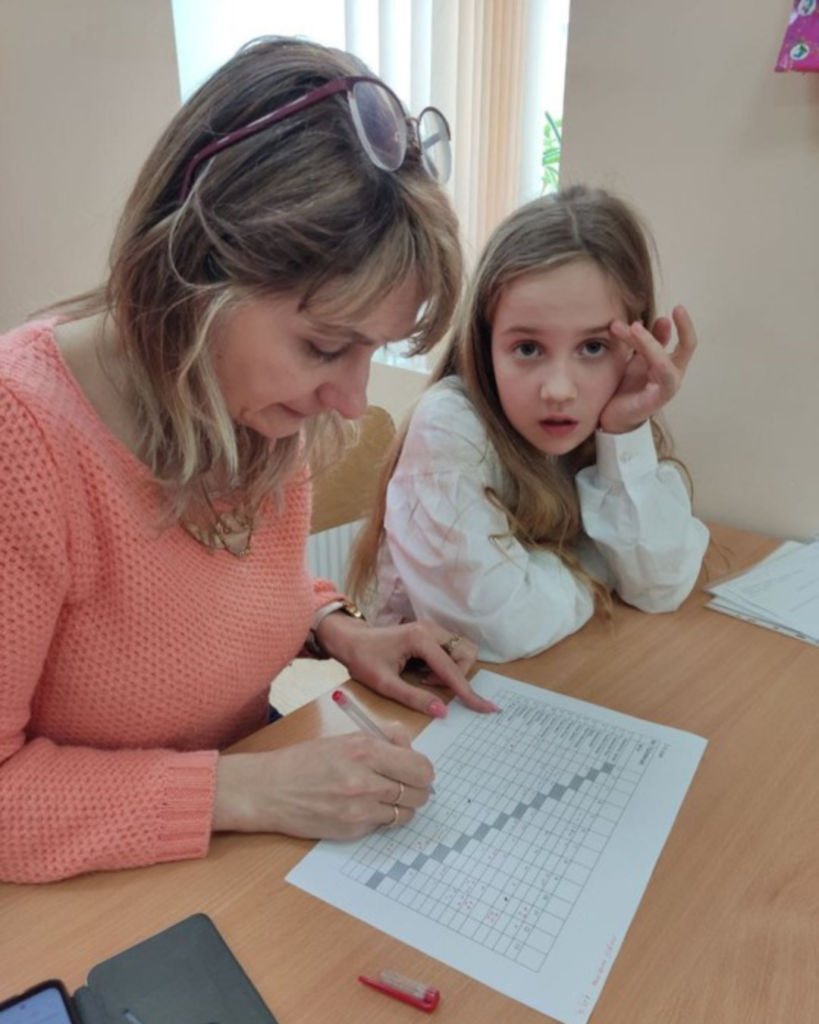
Clothes (warm clothes for winter, new clothes for orphans)
Our clothes distribution has been divided into two main avenues:
1) Buying and giving out warm clothes for winter. This was necessary due to the power outages and destruction of heating infrastructure.
2) Buying new clothes for orphans and children from poor or dysfunctional homes. We also did this for the children from the Ukrainian orphanage currently in Israel.
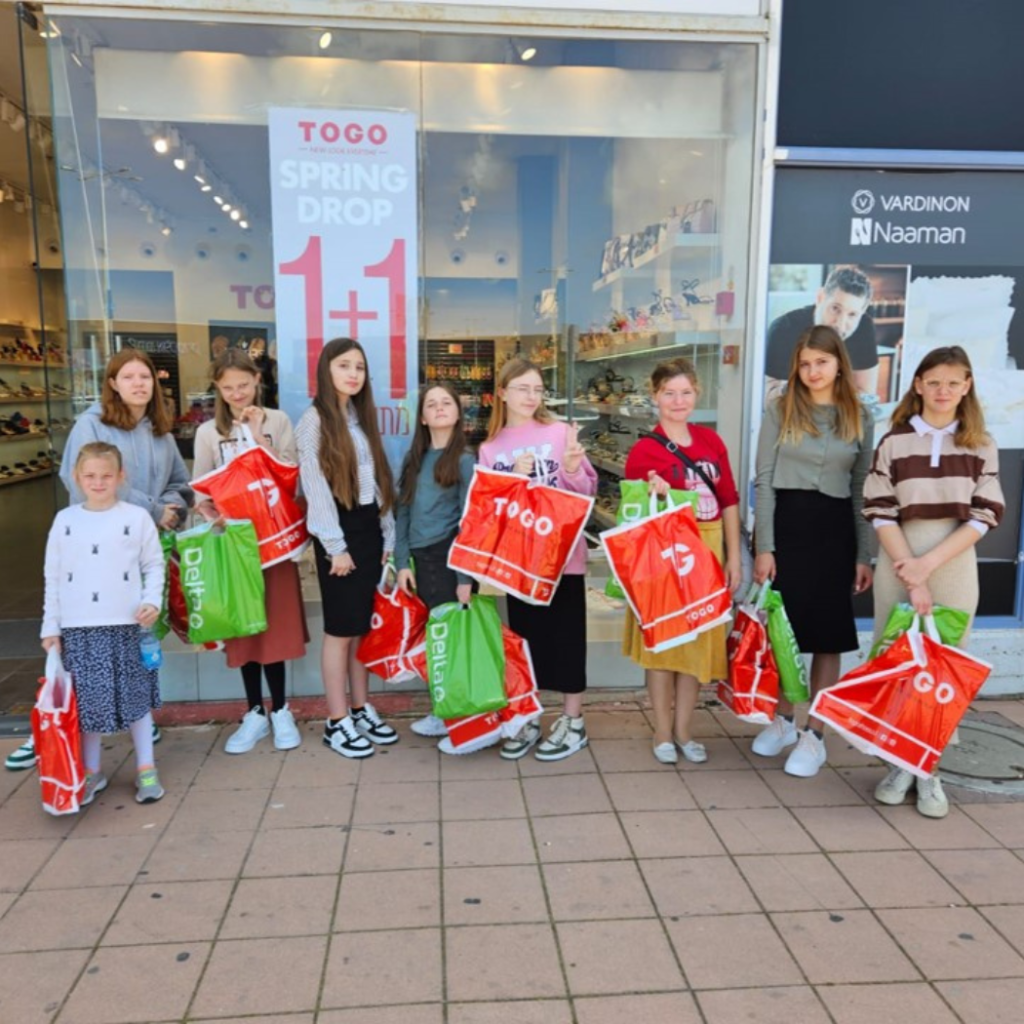
Gifts for children
With the support of the Leiman Fund, we have worked with our partners to give Chanukah gifts to children across Ukraine. Hundreds of children – many of who are orphans or from vulnerable homes – count on us to get a special present. We started doing this before the breakout of full-scale war, and we have greatly expanded our efforts since.
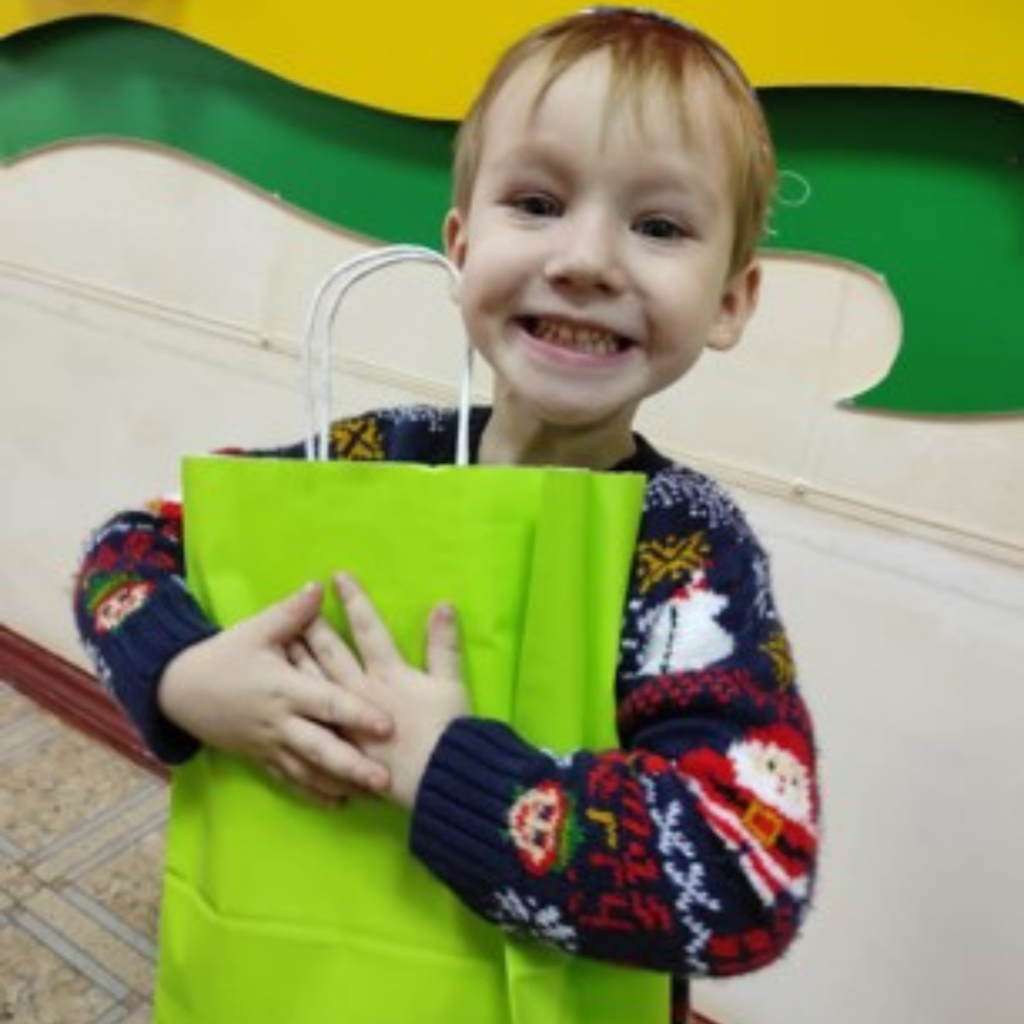
Food parcels and money for food purchases
Across Ukraine, we have supported out partners in food distribution efforts. We supported soup kitchen, offering fresh, warm food to the elderly.
We have helped with numerous food parcel distributions, both before holidays and throughout the year.
We have also given families vouchers to redeem at supermarkets, so they will be able to provide food for their families.
In total, tens of thousands of people have benefited. We also encouraged and facilitated an initiative to distribute food to wounded soldiers who are in rehabilitation centers.
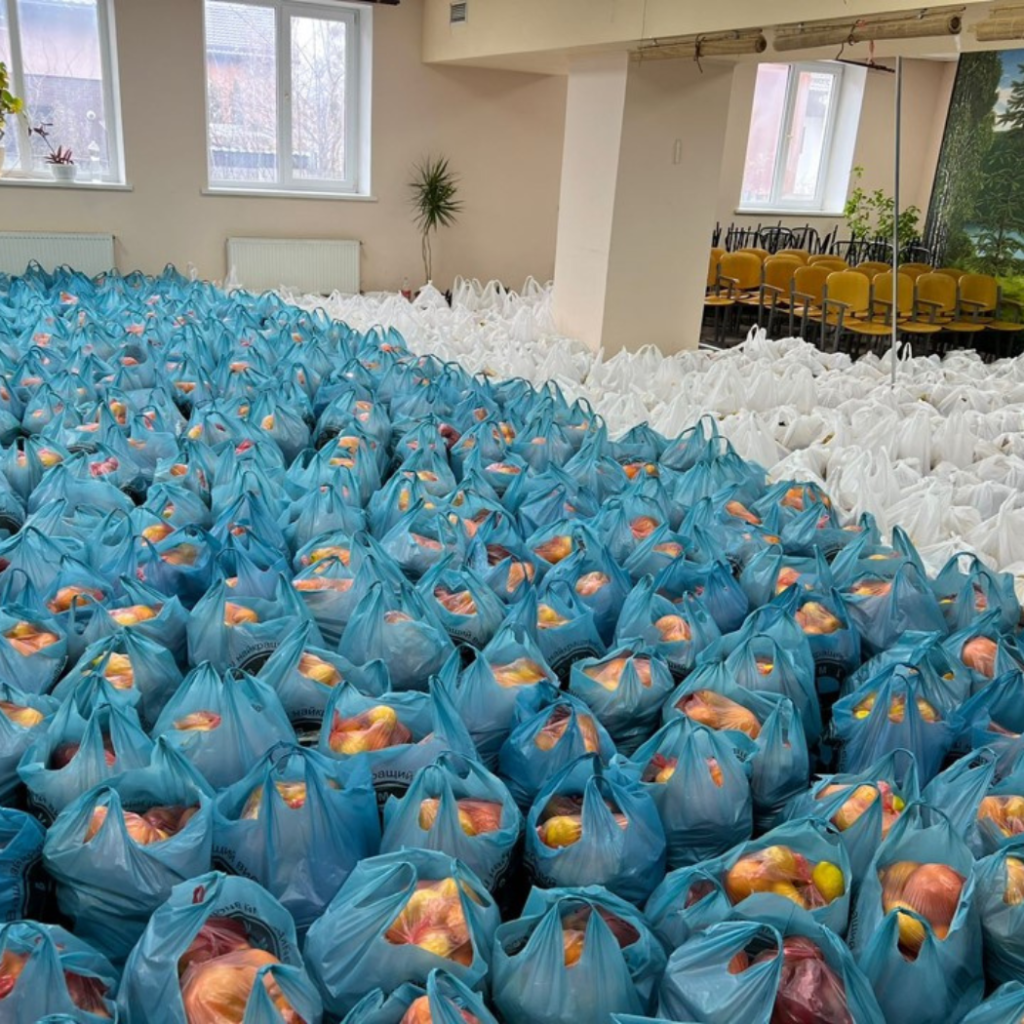
Medicines and eyeglasses
During the early months of the war, there was an acute shortage of medicines and health-related materials, partly as a result of a maritime barricade. We worked with our partners to ensure that elderly and sick patients were able to access the medication.
At one point, there was an issue with older people replacing their eyeglasses, so we helped arrange a distribution of glasses for those who needed.
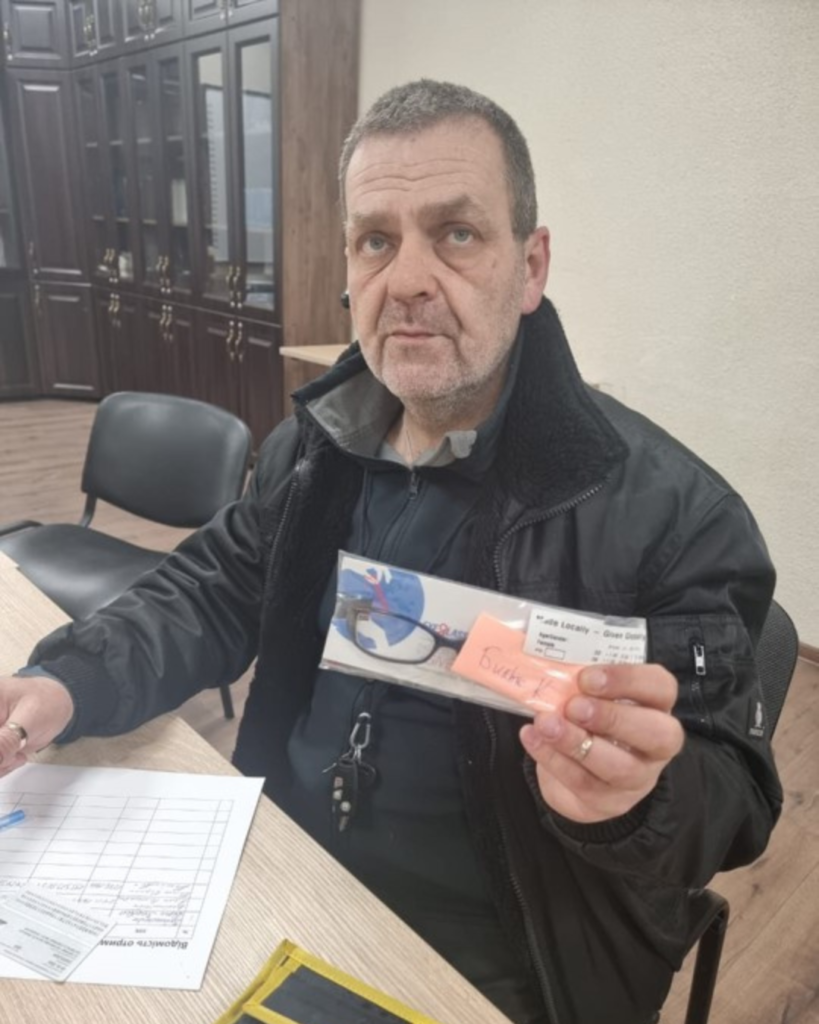
Lighting and Phones
There was a time when the easiest way to help people cope with power outages was by providing chargeable lanterns. These were not only of much benefit at night to find one’s way around, but they were vital to keeping people safe when there was an air raid siren and there was a need to rush to a bomb shelter. Often this happened at night and the power was out, which led to many accidents.
A phone is critical also to enable people to get alerts and to stay in touch with loved ones. We have helped people to get a phone, if theirs got broken. Pictured is a woman in Vinitsiya unboxing her new phone.
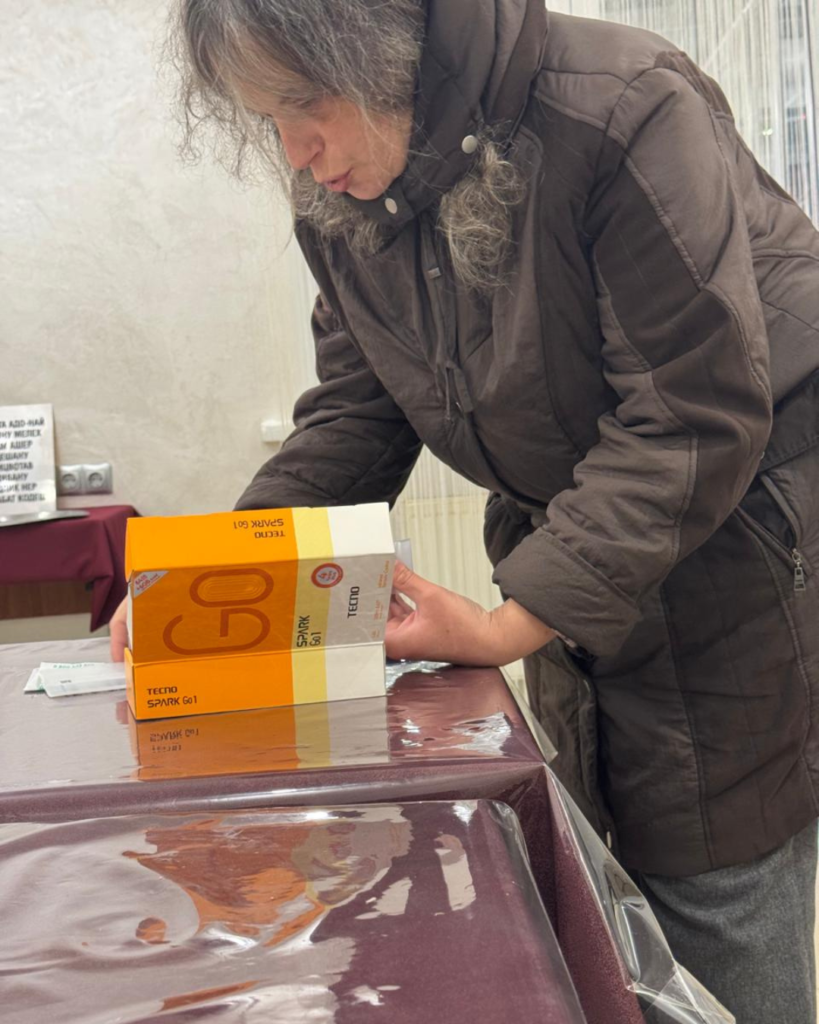
Energy (generators, etc.)
Anyone familiar with the situation in Ukraine will know that there have been constant attacks on the energy infrastructure. Power outages are extremely common and prolonged. Our goal was to ensure that the schools, community centers, and orphanages that we partnered with should have access to electricity, as they are providing support and shelter to large numbers of vulnerable people.
We helped install several generators, which are turned on when the area’s energy supply cuts out. This enables them to provide lighting, heating, and cooling, and allow people to charge up their communication devices. We also help to cover the high cost of fuel to maintain the generators.
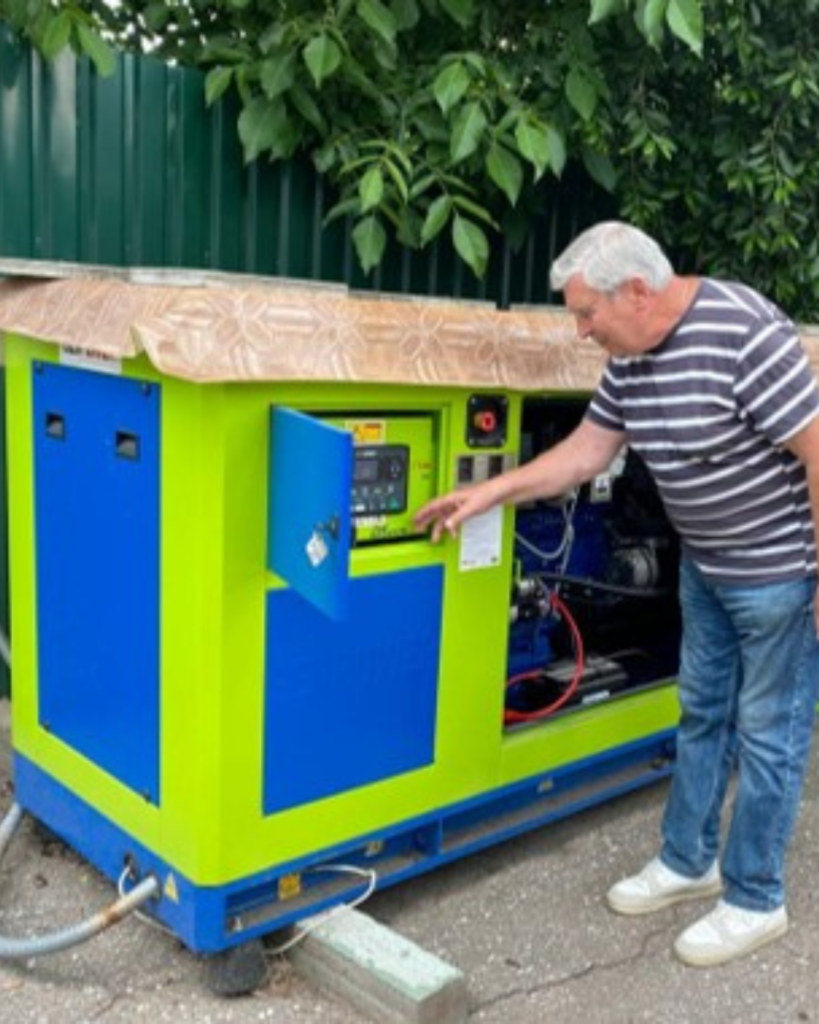
Bomb shelters (refurbishing and equipping)
A key effort has been helping our partners refurbish and equip the basements to be used as functional bomb shelters. These basements were previously dank, damp, and filthy. They were in no position to be used for people. We helped several of our partners to entirely refit those areas to be suitable for human habitation.
As the war progressed and the risks increased, we helped to render the bomb shelters suitable for long-term use. We installed electricity, heating and cooling, tables and chairs, beds, books and toys, and many other items, so that schools can continue to teach and children of the orphanages can sleep there at night.
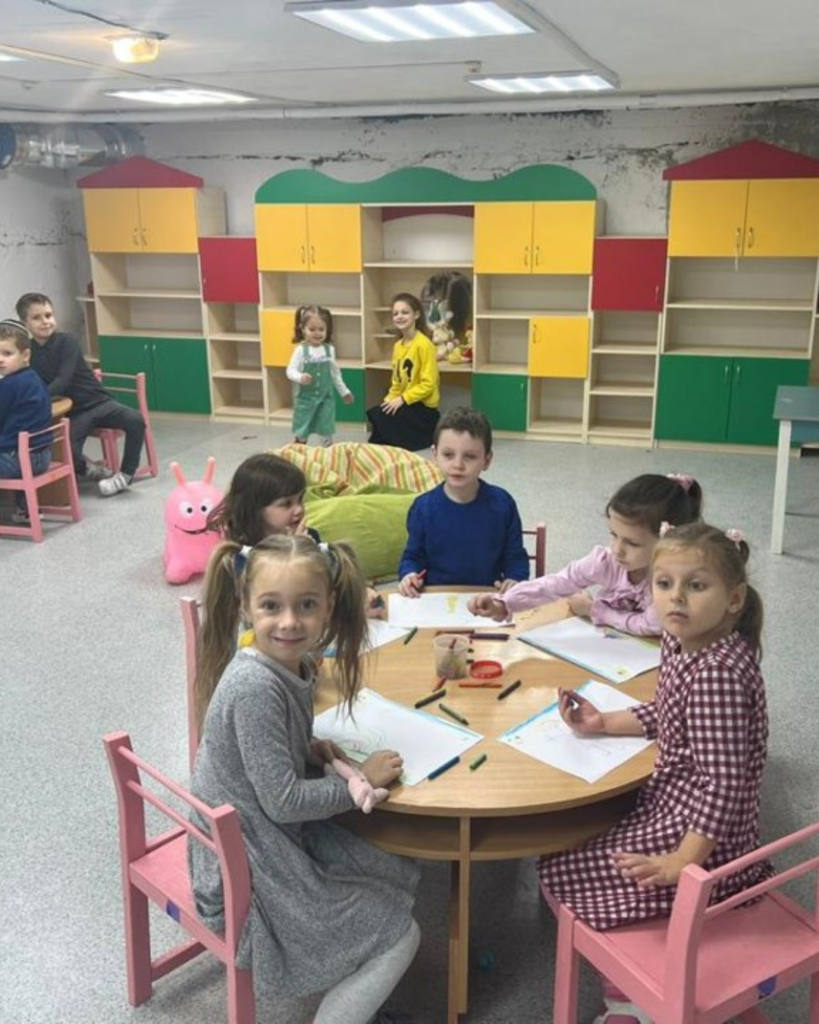
Orphanage
Tag is supporting two Ukraine orphanages, one Alumim Children’s Center from Zhytomyr and another Mishpacha Children’s Home from Odessa.
Tag assisted the orphanage from Zhytomyr to move most of its children to Israel in the early weeks after the full-scale invasion. Having spent six months near Jerusalem, they are now situated in Ashkelon. In the meanwhile, we are helping the children who remain in Zhytomyr in a variety of ways.
We also supported the Odessa orphanage as it moved to Berlin, where it stayed for one year. We then helped to bring the orphanage back to Odessa, and we continue to support the children in a variety of ways. Most recently, we helped fund the expansion of the orphanage, adding 15 beds due to the sad increase in need.

Poland shelters
We identified an acute need for women and children who arrive in Poland to have a safe and wholesome place to live while they decide their next steps. Many refugees have experienced and/or witnesses considerable horrors and need a great deal of immediate support and assistance with emotional rehabilitation. In addition, we were aware of reports of Ukrainian refugees falling victim to further exploitation and abuse. We set up two shelters in the Polish city of Rzeszow to provide:
- Short to medium-term accommodation for women and children
- Advice and assistance in accessing government support and finding employment
- Social activities and emotional support
We continued to send teams of professional volunteers to run the shelters and to provide support to their inhabitants, each spending around 10 to 14 days in Poland. Besides for managing the shelters, the volunteers:
- Provided training to staff working with refugees
- Ran summer camps for refugee children
- Ran various programs in local schools to improve inclusion of refugees
- Provided training at universities for social work students
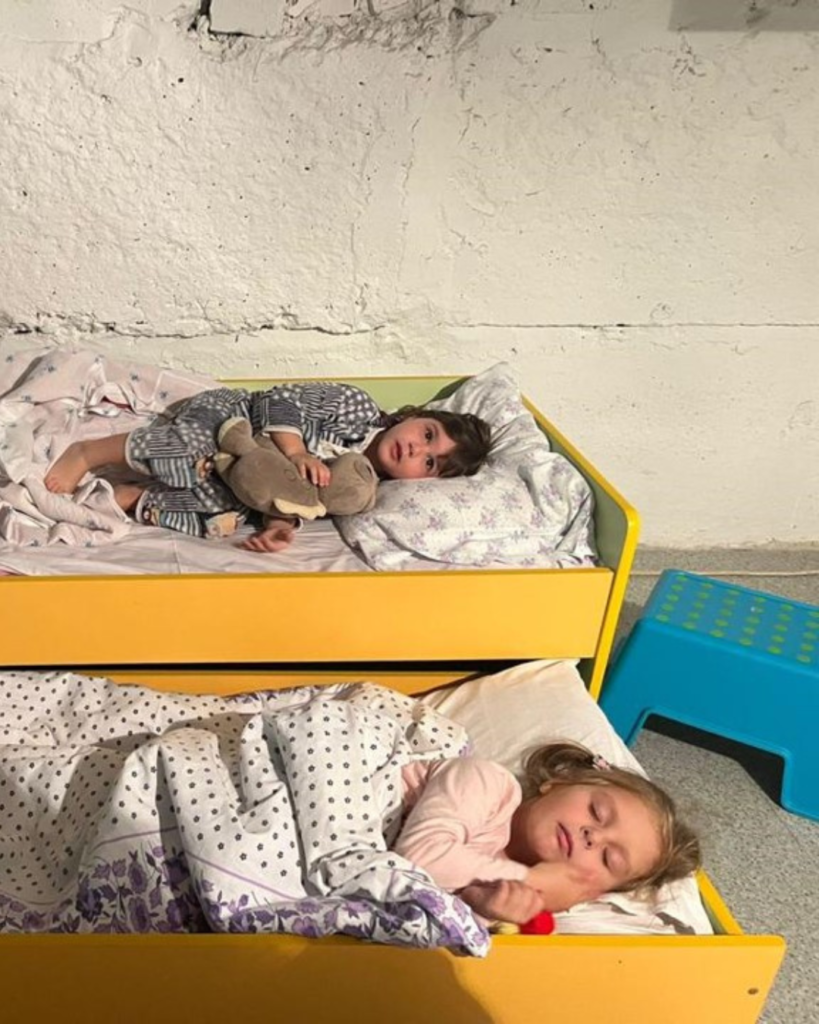
Assistance at the border
After the full-scale Russian invasion of Ukraine, millions of refugees – mostly women and children – fled to neighboring countries. The vast majority headed to Poland, leading to overwhelmed border crossings and a major challenge to house already traumatized people.
In the initial weeks of the crisis, Tag partnered with Israeli NGO Topaz to send rotating groups of volunteers – almost all, speakers of Russian or Ukrainian, many of them therapists and doctors – to the Poland-Ukraine border to assist in welcoming the refugees, and providing psychosocial support. The volunteers also brought with them toys and food, and other provisions to help the escapees on their way.
Our work in the border area included training aid workers and educators to develop resilience and treat extreme trauma. We also delivered a range of programs in schools to help integrate the refugee children with the local population, as well as help with treating trauma.
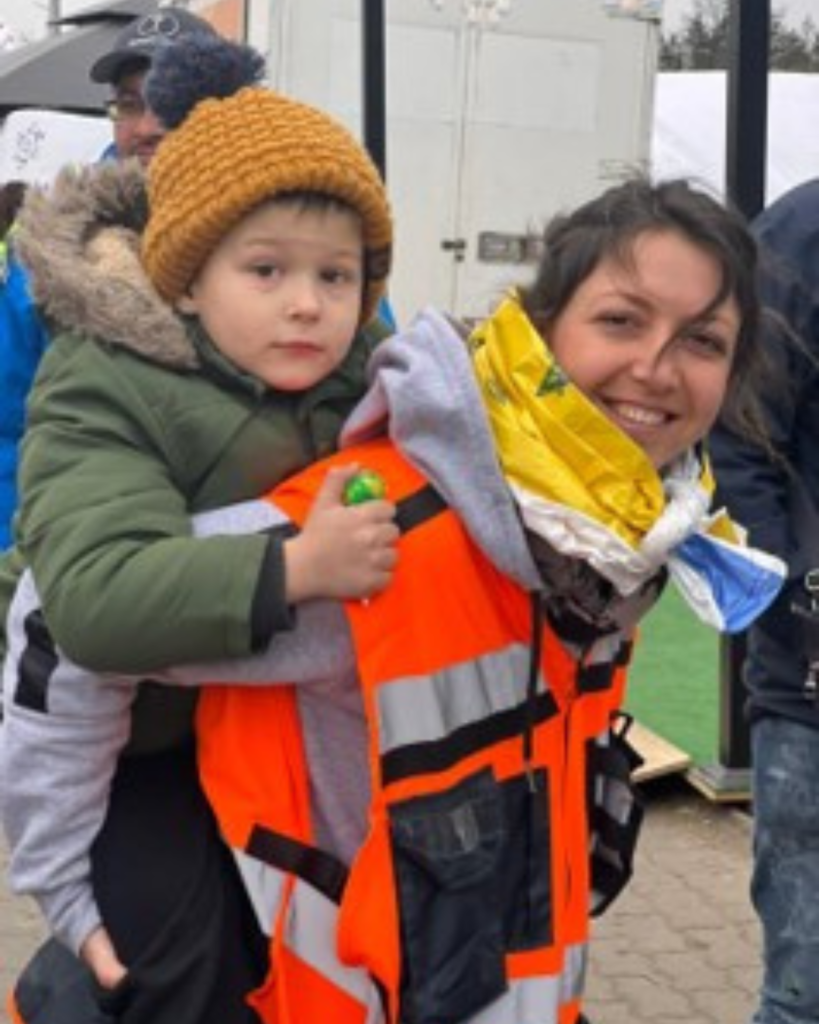
Winter wood
In rural areas, families still have wood burning stoves. When centralized heating is down due to incessant bombing, we provided hundreds of families with wood for their furnaces to keep these families warm.

Heating and cooling
Winters in Ukraine can be brutally cold. With constant damage being wrought on Ukrainian staying warm in the colder months has been a major struggle. We have helped with provision of mobile heaters, and well as installing modern central heating systems in order to better provide warmth to those who need it most, especially children and elderly.
Similarly, summer months have been an enormous struggle, as people are often unable to be outside due to the ever-present danger. We helped install air conditioning in safe community buildings, and in the schools we partner with, in order to make it easier to cope with the oppressive heat.
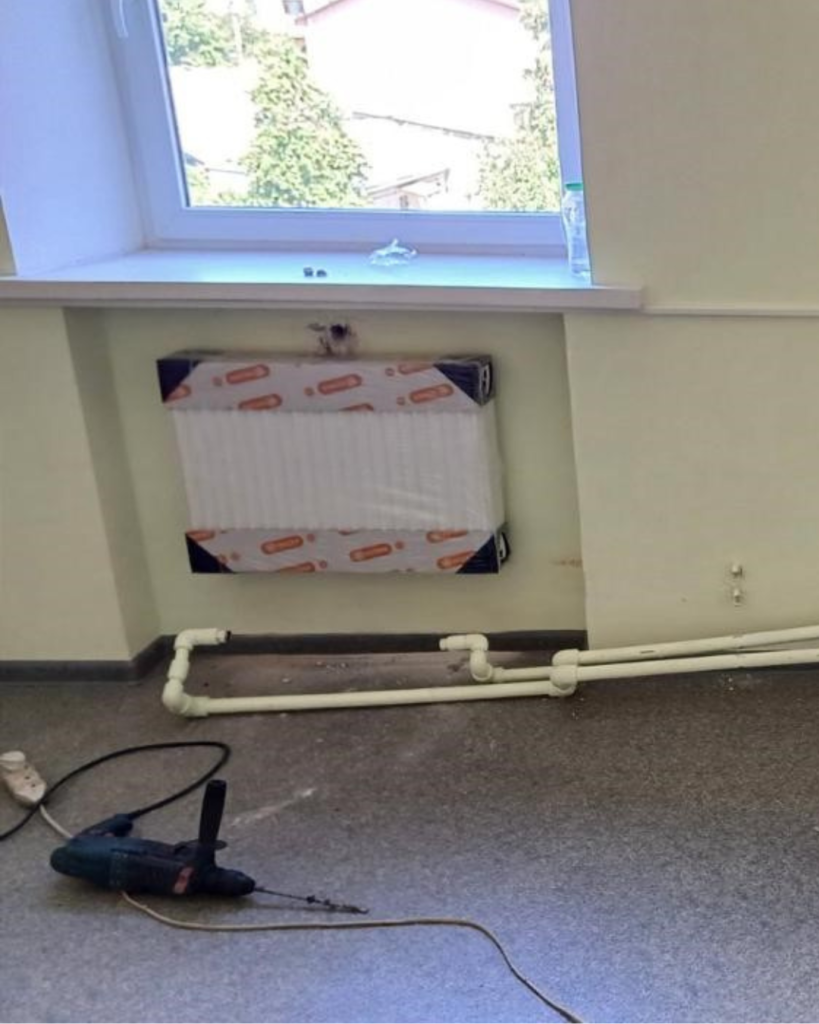
JMC (Jewish Medical Center, Dnipro)
Tag supported the Jewish Medical Center “JMC” in Dnipro to purchase new equipment and medicines to treat both the local population and internally displaced persons, including handling injuries caused by bombing.
Doctors and nurses of the JMC were constantly coming to evacuation shelters for refugees staying temporarily in the school, boarding homes, assisted leaving facility for the elderly and other institutions in Dnipro to monitor and provide emergency medical help.With Tag’s help, they purchased much-needed medical equipment, such a tomograph for spectral optical coherence tomography and a modern ophthalmological scanner were purchased for eye treatments.
Here’s the story of one of the beneficiaries:
When Svetlana Blyakhman from Mariupol (pictured) was walking her dog, she sustained serious multiple mine-explosives shrapnel wounds of the lower extremities. She was taken to the Mariupol hospital, where they amputated her foot and removed metal fragments.
She was moved to Dnipro, where JMC performed dressings and surgical treatment of wounds of the lower extremities, degranulation and therapy in order to prevent purulent-septic changes. After the patient was stabilized and her condition allowed, Svetlana was evacuated for further treatment and rehabilitation in Israel.
